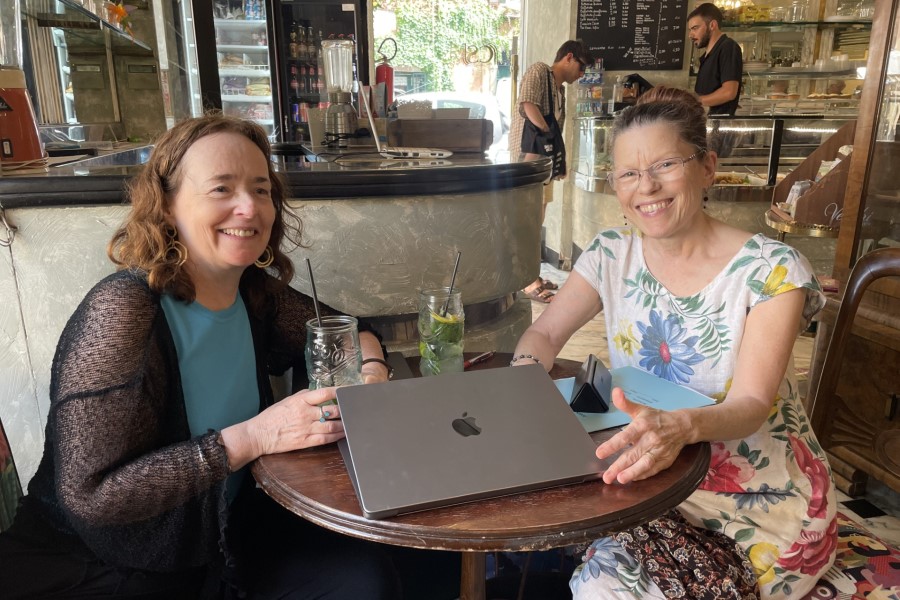Professor Vanda Wilcox Appointed Co-Editor of First World War Studies Journal
JCU is pleased to announce that history professor Vanda Wilcox has been appointed as co-editor of First World War Studies, the only scholarly journal dedicated to WWI, published by Taylor & Francis.
Professor Wilcox holds a D.Phil. in History from the University of Oxford. Her research interests focus on the military, cultural, and social history of the First World War in Italy, as well as the memory and commemoration of the two World Wars. She is also interested in sports history, particularly Italian football (soccer) culture. Dr. Wilcox teaches courses in European and Italian history in the nineteenth and twentieth centuries as well as on the World Wars, imperialism, memory and popular culture, and modern sports history.

What are your plans as Co-editor of First World War Studies? What areas of study do you feel need to be explored further?
As the only dedicated scholarly journal for one of the world’s most important conflicts, First World War Studies has an important role to play. A lot of exciting new work is being done on topics that have obvious relevance for today, like the birth of humanitarian assistance in wartime, the development of ideas about what is lawful or unlawful during war, or the way conflicts can reshape our ideas about gender roles. Working closely with my co-editor, Professor Heather Perry at the University of North Carolina, Charlotte, I am keen to bring in more work from young scholars, including from the global south, as well as new approaches such as studying the environment in wartime or changing ideas about disability and medical care. Our most recent issue explores questions about the relationship between war and civil liberties, a hugely important topic.
The number of students choosing to study history as a major has dropped dramatically in recent years. How do you deal with the challenge of convincing students that the study of history is still relevant?
In my experience, many students love studying history but they or their parents fear that it may not lead directly to a job. Many feel pressured to major in something they think will make them more employable – but in fact, history majors have very good employment prospects. While of course some history graduates work in more directly connected fields like heritage, education, or public history, the majority use their excellent transferable skills in other fields. The ability to research, understand, and critically evaluate complex information is essential for the most common careers for history graduates: law, business, management, government, and administration. However, students may need to be prepared to explain to employers exactly how their history skills fit with the job market.
WWII tends to receive more attention and scholarship than WWI due to its clearer narrative and outcomes (Axis powers vs. Allied powers, Holocaust, atomic bombings of Hiroshima and Nagasaki, defeat of Nazi-fascism, establishment of the United Nations and the division of the world into two blocs during the Cold War, etc.). What is the legacy of WWI today?
Legacies of the First World War are all around us! From fashion (the trench coat) to daylight savings time, many of the war’s innovations are still with us. Did you know that it was the Italian army’s policy of issuing a morning coffee ration in the trenches that helped make the caffé espresso such an essential part of Italian culture? Or that it was the war that made men switch from pocket-watches to wrist-watches? In fact, though, the war’s most important legacies are in geopolitics: not only did it lead to the Russian Revolution, with all the ensuing consequences of the rise of the USSR, but it also laid the foundations of the modern Middle East. Today’s conflicts there have their origins in the post-war settlements imposed by the victorious Allies on the defeated Ottoman Empire.





